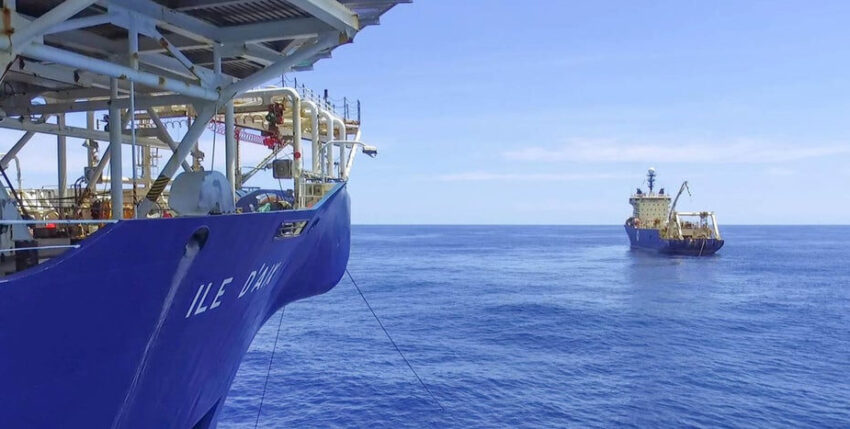The European Union is planning to lay a new 1,100-kilometre-long data cable in the Black Sea in order to bypass the existing terrestrial connection (fibre optic) to Georgia, which is considered "unsafe" and "unstable" because it runs through Russia. Such a connection was already being considered before Russia's invasion of Ukraine; following Georgia's membership application at the beginning of March 2022, its planning perspective has now been significantly advanced. The Financial Times refers to a previously unpublished strategy paper from the EU Commission.
Data line
The cable through the Black Sea is to be laid in international waters and will cost around 45 million euros. The European Investment Bank would cover 20 million euros of the construction costs in the form of subsidies. It is not yet known who will pay the rest and when construction will begin. The British company Vodafone is mentioned as a possible candidate, which is considering a connection line from Ukraine via Bulgaria, Turkey to Georgia - and from there overland through Armenia to Kazakhstan and beyond.
Power line
At the same time, a power line project was announced at the end of 2022 that will run from Romania in the Black Sea to Georgia and from there to Azerbaijan. It could serve to connect Georgia to the European electricity grid, but also enable imports to Western Europe following the expansion of renewable energy sources on the shore and in the Caspian Sea.
More safety - in small steps
Data and energy routes are to be made more secure in this way. However, the possibility of these connections being compromised by warmongers or other terrorists can certainly not be ruled out - as we know today.
Sources: euractiv, dlf-nova, heise-online








